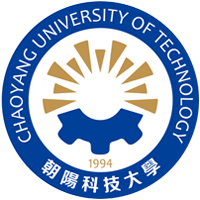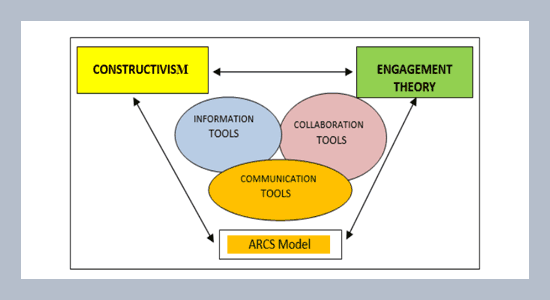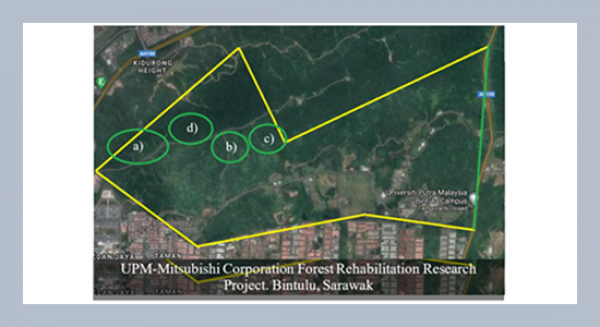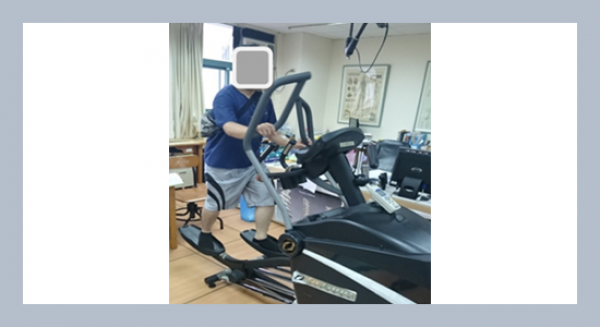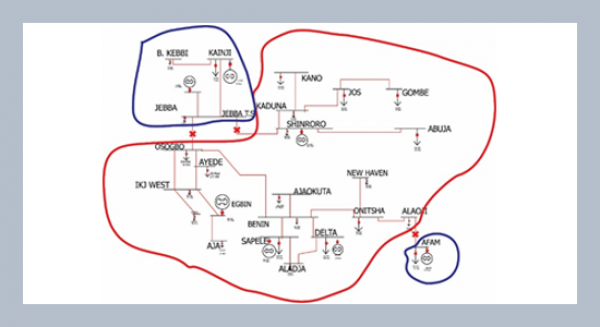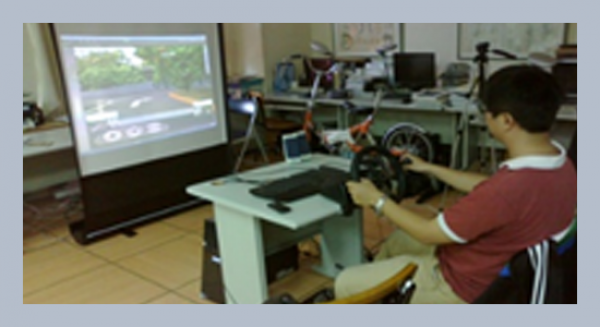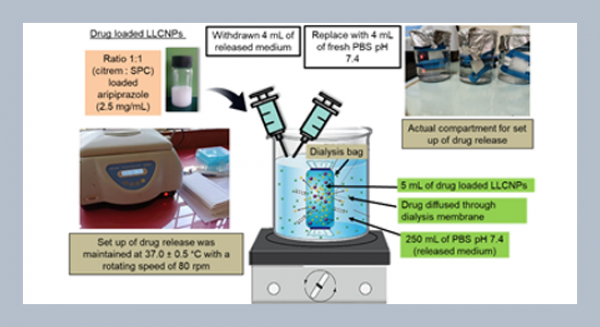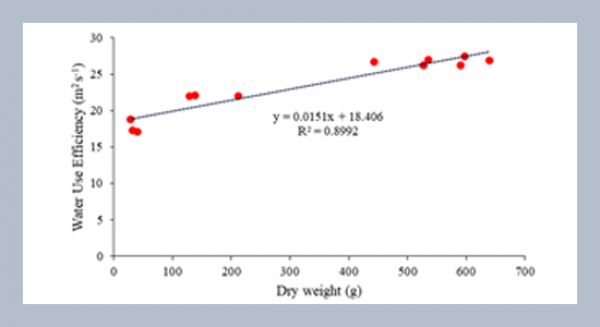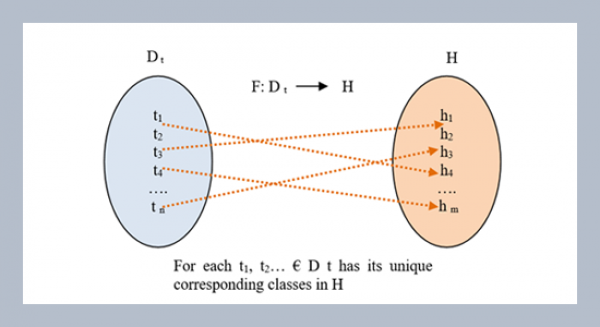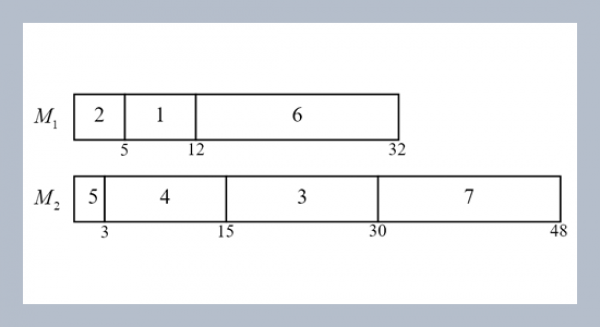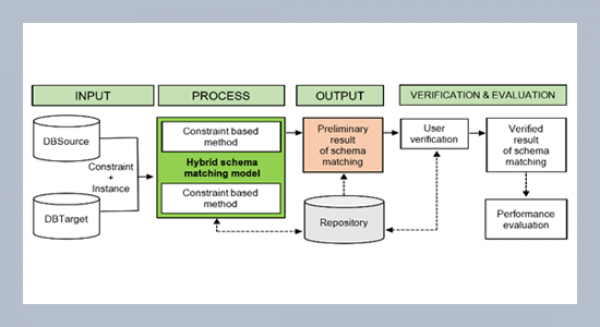REFERENCES
- Abecia, D., Samong, M., Abella, L., Baldomero, F., Tamayo, A., Gabronino, R. 2014. Measuring happiness of university students. American Journal of Social Sciences, 2, 43–48.
- Adlawan, A., Smedley, J. 2013. Exploring students' acceptance of e-learning using technology acceptance model in Jordanian Universities. International Journal of Education and Development using Information and Communication Technology, 9, 4–18.
- Ainin, S., Naqsbandi, N.M., Moghavvemi, S., Tamayo, A., Gabronino, R. 2015. Facebook usage, socialization and academic performance. Computers and Education, 64–73. doi:10.1016/j.compedu.2014.12.018
- Al-rahmi, W.M., Othman, M.S., Musa, M.A. 2014. Social media through collaborative learning in Malaysian higher education. Asian Social Science, 10, 210–221.
- Barczyk, C.C., Duncan, D.G. 2013. Facebook in higher education courses: an analysis of students’ attitudes, community of practice, and classroom community, International Business and Management, 6, 1–11.
- Bruner, J.S. 1996. Toward a theory of instruction. Cambridge Massachusets: Belknap Press.
- Bryant, O. 2007. The challenge of adaptive leadership, in Emerging Technologies for Learning. British Educational Communications and Technology Agency (BECTA), 2, 9–22.
- Cruz, S., Carvalho, A.M. 2005. Modelo ITIC: Uma possibilidad epara a integracao curricular das TIC naescolarida de basica. I Encontro International TIC e Educacao, 381–388.
- Dahlstrom, E., de Boor, T., Grunwald, P., Vockley, M. 2011. ECAR: National study of undergraduate students and information technology. Retrieved from https://net.educause.edu/ir/library/pdf/ERS1103/ERS1103W.pdf.
- Dickie, V.A., Meier, H. 2015. The Facebook tutor: networking education. Ubiquitous Learning, 8, 1–12.
- Driscoll, M. 2005. Constructivism. Psychology of Learning for Instruction, Toronto, USA, Pearson, 384–407.
- Goertler, S. 2009. Using computer-mediated communication (CMC) in language teaching. Die Unterrichpraxis/Teaching German, 74–84. doi:10.1111/j.1756-1221.2009.00038
- Gredler, M.E. 1997. Learning and instruction: theory into practice (3rd ed.). Science and Education. 4, 1–20.
- Helou, A.M., Rahim, N.Z. 2014. The influence of social networking on students' academic performance in Malaysia. International Journal of Electronic Commerce Studies, 5, 247–254. doi:10.79.3/ijecs.1114
- Junco, R. 2012a. The relationship between frequency of Facebook use, participation in Facebook activities, and student engagement. Computers and Education, 58, 162–171.
- Junco, R. 2012b. Too much face and not enough books: the relationship between multiple indices of Facebook use, and academic performance. Computers in Human Behavior, 28, 187–198.
- Junco, R. 2015. Student class standing, Facebook and academic performance. Journal of Applied Development Psychology. 36, 18–29.
- Keller, J. 1983. Motivational design of instructions. Instructional design theories and models: An overview of their current status, Ed. Hilldale, New Jersey, USA, Lawrence Erlbaum Associates, 383–436.
- Keller, J. 1984. The use of the ARCS model of motivation in teacher training. Aspects of Educational Technology, Staff Development and Career updating, K.E. Shaw, Ed, Londod, UK, Kogan Page, XVII, 140–145.
- Keller, J.M. 1988. Motivational design. Encyclopedia of educational media, communications, and technology, 2nd Edition, R, Mc Aleese, D. Unwin, Eds, Westport, Connecticut, USA, Greenwood Press.
- Khan, O. 2005. The challenge of adaptive leadership. Leader to leader. doi:10.1002/ltl.154
- Kirschner, P.A., Karpinski, A.C. 2010. Facebook and academic performance. Computers in Human Behavior, 26, 1237–1245. http://dx.doi.org/10.1016/j.chb.2010.03.024.
- Kitchakarn, O. 2013. Peer feedback through blogs: An effective tool for improving students writing abilities. Turkish Online Journal of Distance Education, 14, 152–164. doi:10.17718/TOJDE.94937
- Kitsantas, A., Dabbagh, N., Chirinos, D.S., Fake, H. 2016. College students’ perceptions of positive and negative effects of social networking. Social Networking and Education. 225–238.
- Lambic, D. 2016. Correlation between Facebook use for educational purposes and academic performance of students. Computers in Human Behavior, 61, 313–320.
- Lave, J., Wenger E. 1991. Situated learning: Legitimate peripheral participation. Cambridge, UK: Cambridge University Press.
- Liz, A., Feller, J., Nagle, T. 2016. Social media as a support for learning in universities: An empirical study of Facebook Groups. Journal of Decision, 25, 35–49. doi:10.1080/12460125.2016.1187421.
- Manasijevic, D., Zivkovic, D., Arsic, S., Milosevic, I. 2016. Exploring students’ purposes of usage and educational usage of Facebook, Computers in Human Behavior. 60, 441–450. www.elsevier.com/locate/comphumbeh.
- Mao, J. 2014. Social media for learning: a mixed methods study on high school students’ technology affordances and perspectives. Computers in Human Behavior, 33, 213–223.
- Miliszewska, I., Horwood, J. 2006. Engagement theory: A Universal Paradigm?,SIGCSE’06: Proceedings of the 37th SIGCSE technical symposium on Computer science education. 158–162. https://doi.org/10.1145/1121341.1 121392
- Moghavvemi, S., Sulaiman, A., Aziz, A.A., Wai, S. 2017. The impact of Facebook usage on academic performance. International Conference on Research and Innovation in Information Systems (ICRIIS), 1–5. Langkawi, Malaysia. doi:10.1109/ICRIIS.2017.8002518
- Nyuyen, N.P., Yan, G., Thai, M.T. 2013. Analysis of misinformation containment in online social networks. Computer Networks, 57, 2133–2146. doi:10.1016/j.comnet.2013.04.002
- Orioque, J.A. 2020. Facebook use as a support for academic learning among technological state universities and colleges in region 8. Journal of Innovative Technology Convergence, ISSN No:2704–4440, 2, 9–16.
- Qureshi, I.A., Raza, H., Whitty, M. 2014. Facebook as e-learning tool for higher education institutes. Knowledge Management and E-learning, 6, 440–448.
- Sanchez, R.A., Cortijo, V., Javed, U. 2014. Students perceptions on Facebook for academic purposes. Computers and Education, 138–149. doi:10.1016/j.compedu.2013.08012
- Selpa, H.D. 2017. Usage of social networking sites and academic performance: Basis for management intervention. Palompon, Leyte, Philippines: Palompon Institute of Technology.
- Statista, 2018. Numer of monthly active Facebook users worldwide as of 1st quarter 2018 inmillions. Retrieved from statista.com: https://www.statista.com/statistics/264810/numer-of-monthly-active-facebook-sers-worldwide (accessed March 5, 2019).
- Tracii, R., Xenos, S. 2011. Who uses Facebook? An investigation into the relationship between the big five, shyness, narcism, loneliness, and Facebook usage. Computers in Human Behavior, 27, 1658–1664. doi:10.1016/j.chb.2011
- Vygotsky, L.S. 1978. Interaction between learning and development from mind in society, Cambridge, MA: Harvard University Press.
- Wang, J.H., Quek, C., Yang, Y., Liu, M. 2012. Using the Facebook group as a Learning Management System: An Exploratory study. British Journal of Educational Technology, 43, 428–438.
- Yang, Y., Wang, H.L., Woo, C.L., Quek, C.L. 2011. Using Facebook for teaching and learning: A review of the literature. International Journal for Continuing Engineering Education and Life-Long Learning, 21, 72–86. doi:10.1504/IJCEELL.2011.039695
